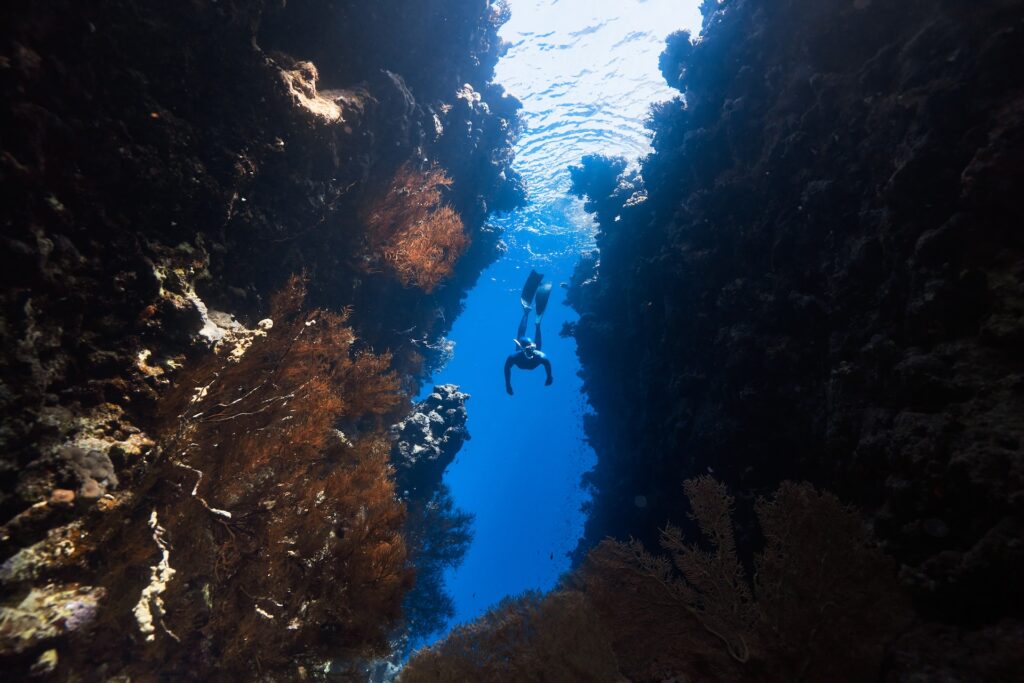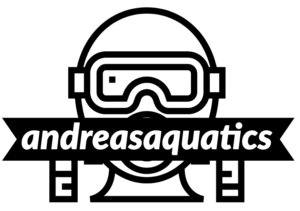
Beneath the surface of the world’s oceans lies an awe-inspiring realm of wonder and mystery. SCUBA diving allows you to venture into this breathtaking underwater world, where colorful coral reefs, marine creatures, and hidden treasures await. If you’ve ever been curious about the allure of SCUBA diving, this article will outline ten compelling reasons why you should consider getting certified in SCUBA diving.
1. Discover a New World
The underwater world is a realm of enchantment, filled with vibrant coral gardens, schools of fish, and unique marine species. Getting certified in SCUBA diving grants you access to this magical world, where you can explore sunken ships, underwater caves, and bustling ecosystems. It’s like stepping into a real-life fairy tale beneath the waves.
2. Connect with Nature
SCUBA diving allows you to immerse yourself in nature in a way that few other activities can match. You become part of the marine environment, observing marine life in its natural habitat. The sense of connection with nature while diving is profound, making it a unique and enriching experience.
3. Unforgettable Adventures
Every dive is an adventure waiting to happen. Whether you’re exploring a tropical coral reef, diving with sharks, or discovering historic wrecks, each dive is a new opportunity for excitement and discovery. The world’s oceans offer a diverse range of diving experiences that cater to all interests and comfort levels.
4. Stress Relief and Relaxation
The tranquility of the underwater world provides an unmatched sense of relaxation. The rhythmic sound of your breath and the weightlessness of being in the water create a meditative atmosphere that can help reduce stress and anxiety. SCUBA diving allows you to escape the hustle and bustle of everyday life and find solace beneath the waves.
5. Physical Fitness
SCUBA diving is not only a mental escape but also a physical activity that promotes fitness. Swimming against mild currents and managing buoyancy require muscular strength and stamina. Regular diving can help improve cardiovascular fitness, flexibility, and overall physical health.
6. Learn New Skills
Becoming a certified SCUBA diver means acquiring valuable skills related to diving, safety, and underwater navigation. You’ll learn to use diving equipment, manage underwater emergencies, and gain a deeper understanding of marine life. These skills not only enhance your diving experience but also build confidence and competence.
7. Adventure Travel
Diving often takes you to some of the world’s most stunning and remote locations. From the crystal-clear waters of the Maldives to the vibrant coral reefs of the Great Barrier Reef, diving offers the perfect excuse to explore exotic destinations. It’s an excellent way to combine adventure, travel, and cultural experiences.
8. Marine Conservation
SCUBA divers are often strong advocates for marine conservation. Being a part of the underwater world gives you firsthand insight into the beauty and fragility of marine ecosystems. Many divers become passionate about protecting our oceans, and through conservation efforts, they actively contribute to preserving these invaluable environments.
9. Unique Photography Opportunities
The underwater world provides a canvas for extraordinary photography. Capturing the vivid colors of coral reefs, the graceful movements of marine life, and the intriguing details of shipwrecks can result in stunning photographs and memorable visual stories. Underwater photography is a rewarding creative outlet for many divers.
10. Build Lifelong Memories
Finally, one of the most compelling reasons to get certified in SCUBA diving is the opportunity to create lasting memories. The experiences, friendships, and adventures you’ll encounter as a diver will stay with you for a lifetime. Each dive is a chapter in your underwater journey, and the memories you collect are priceless.
Getting Certified in SCUBA Diving: The Process
Now that you’re convinced of the many reasons to explore SCUBA diving, let’s briefly outline the steps to get certified:
- Choose a Certification Agency: Select a reputable SCUBA diving agency, such as PADI (Professional Association of Diving Instructors), NAUI (National Association of Underwater Instructors), or SSI (Scuba Schools International).
- Enroll in a Course: Enroll in a beginner-level SCUBA diving course, typically called the Open Water Diver course. This course will teach you the fundamental skills and knowledge needed for safe diving.
- Complete Classroom and Pool Training: Participate in knowledge development sessions, either in a classroom or through e-learning modules, to understand diving theory. You’ll also practice essential skills in a controlled environment like a swimming pool.
- Open Water Dives: Apply what you’ve learned during the course by completing a series of open water dives under the guidance of an instructor. These dives typically take place in a natural environment, such as a lake or ocean.
- Pass Exams: Successfully pass written exams to demonstrate your knowledge of dive theory, safety procedures, and equipment use.
- Receive Certification: Upon completing all course requirements, you’ll receive your SCUBA diving certification, which allows you to dive independently or with a dive buddy.
SCUBA diving is an invitation to embark on an extraordinary journey of exploration, adventure, and connection with the underwater world. Whether you’re seeking relaxation, physical fitness, or a deeper understanding of marine life, SCUBA diving offers a multitude of benefits and rewards.
By becoming a certified SCUBA diver, you’ll unlock a realm of experiences that will leave you with cherished memories and a profound appreciation for the beauty and diversity of our planet’s oceans. So, take the plunge, and join the ranks of divers who have discovered the wonders that lie beneath the surface of the sea.
